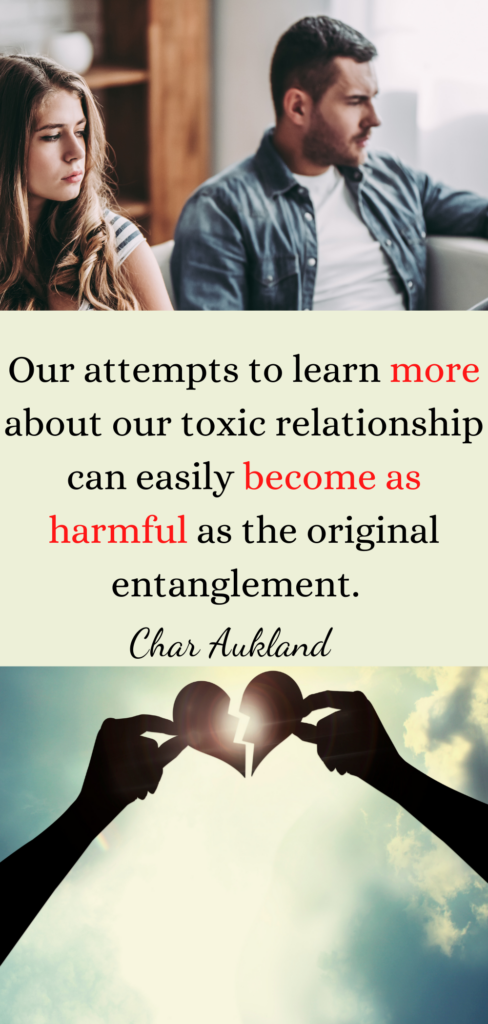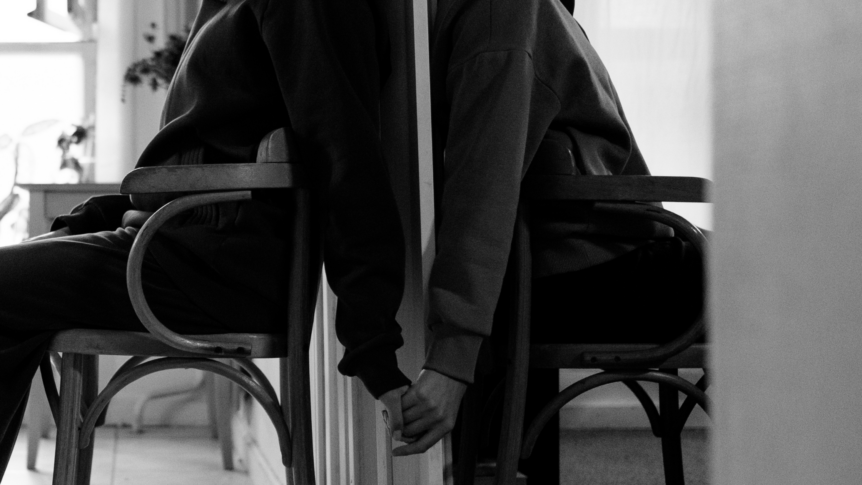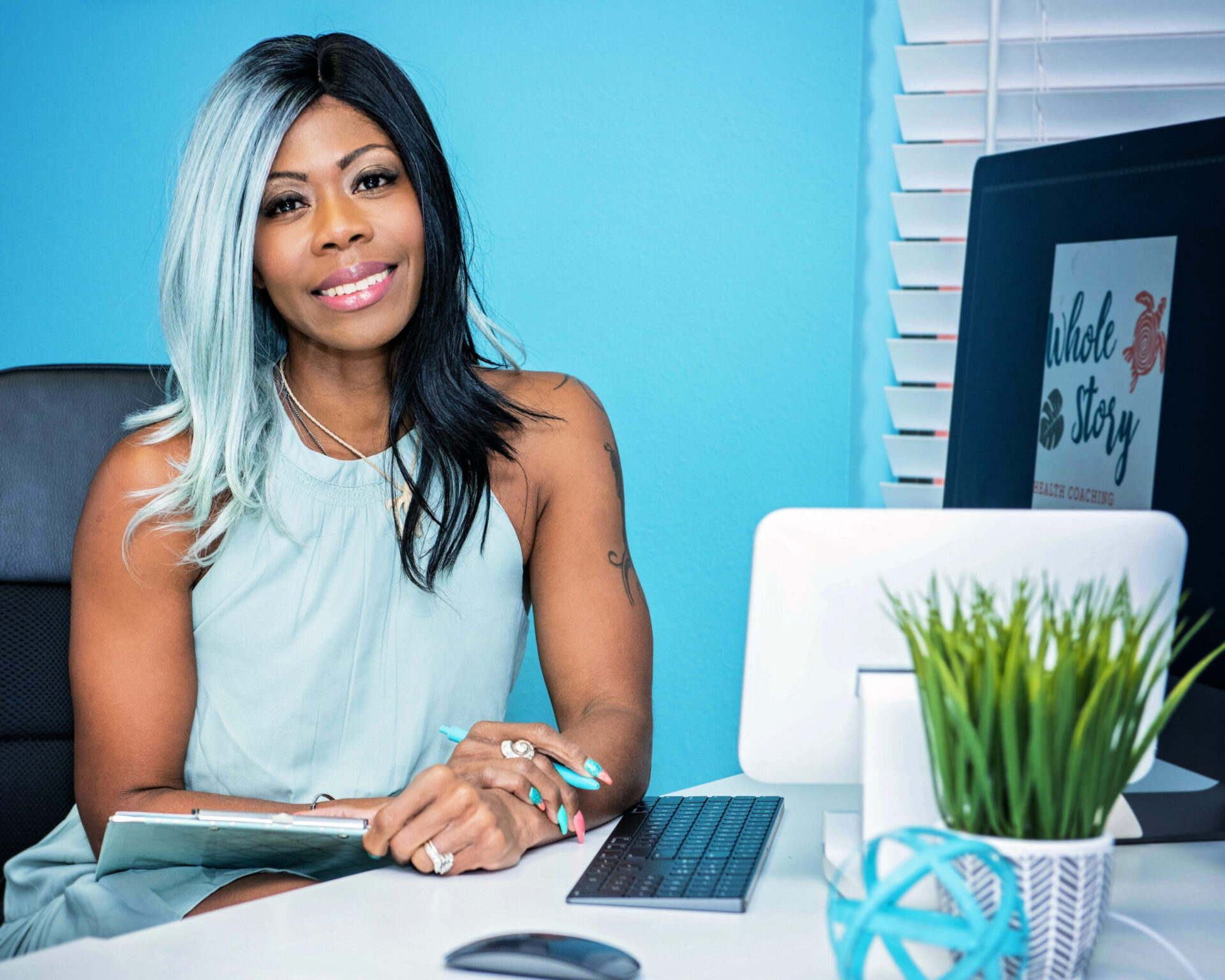As one of my closest friendships came to an end, I was left wondering why. But my quest for answers only led me further down a rabbit hole. Eventually, my new obsession with learning everything there was to know about toxic relationships was almost as harmful as the friendship.
But…Why? Overthinking the Problem
“Why?” is a question that we will never be able to truly answer. This is something I know all too well.
While searching for my own “why”, I came across legions of (mostly) women whose lives were dedicated to either understanding the perpetrator or warning people of the red flags.
Sadly, these women weren’t healing. They were actually drowning in a sea of bitterness, confusion, and the past—and I was right along with them.
But, no matter how much we read, or which experts we follow, there are no black-and-white, one-size-fits-all solutions.
Instead, we end up more confused and on an endless spiral of overthinking— never quite able to resolve what the real problem is. Us.
Instead of looking within to understand why we accepted the treatment, we turn our focus outward.

Our Role in Toxic Relationships
Toxic relationships start within each individual. And they can be stopped when one person makes the choice to walk away.
Unfortunately, when we are unhealthily attached and bonded to each other, leaving can feel like an uphill climb.
In misguided efforts to avoid temporary discomfort and pain, we disregard the long-term destructive impact our choices will have on our lives—and end up avoiding our own healing.
If we’re not careful, we can easily take on the role of helpless victim—a mentality which only keeps us stuck and susceptible to being a part of more toxic relationships.
To move forward and past these types of relationships (and friendships), we have to start with ourselves.
Practice Solution Focused Thinking
Overthinking may feel productive but it rarely produces actionable solutions. Rather than helping, it actually hurts us.
In fact, overthinking (or ruminating) has been strongly associated with depression and anxiety. Neither of these states of mind are helpful in coming up with rational and healthy plans.
So, instead of scouring the internet for answers about:
- What they’ve done…
- Why they did it…
- How they’ve hurt us…
- Why they left us…
- If they will change…
We must divert our attention to:
- What attracted us?
- Which red flags did we miss or ignore?
- Why we accepted their behavior…
- Is there a pattern in our choices?
- How can we heal our wounds?
- Which action steps can we take to break our cycle?
Shifting the focus from them to us allows us to work on the only person we can change or control—ourselves.



